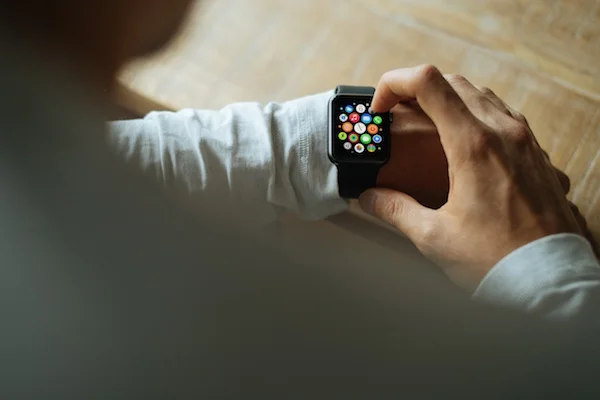The installation is simultaneously spectacular and sobering: Beautiful and hopeful, yet a metaphor for the fields of war awash in human blood.
The poppies, paid for by individual donations that raised money for six charities serving victims of war, were formed, fired, glazed, and planted by an army of 9,000 volunteers. They will now be removed and packed off to their purchasers by another 6,000.
Each poppy represents one fallen soldier. But to me, taken together, they represent the power of the collective to keep history alive, visible, and turned on, so that we may never, ever forget.
History, whether triumphant or tragic, does repeat itself. By keeping the memories alive, by reflecting on and understanding how our actions may influence tomorrow, today, humankind stands a better chance of, together, keeping former tragedies in the past, where they should stay.
Keep History Alive!
Sarah





